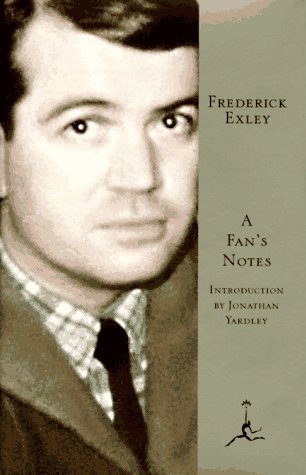What do you think?
Rate this book


425 pages, Hardcover
First published January 1, 1968

I was willfully acting in such a way as to alienate myself. But I doubt the validity of this. I had large faith – the faith of youth – in the city’s capacity to absorb me, hair-do and all; and it was only after summer was gone and autumn was casting long shadows that I began to take these rejections as personal affronts. It is very wearing to be honest, no matter how naïve or misreckoned that honesty is, and continue to be spurned for it. After a time it becomes numbing, like heavy, repeated blows to the face.
Constantly one yearned to dispel the reality in favor of the idyllic. But then that other sound would come, that wail.
I read, or glanced at, only those articles about cinema starlets nobody has ever heard of. These pieces fascinated me for their subjects were well on their way to becoming insane… The girls were part of America’s plenty and, once used, one disposed of them the way one got rid of a Cadillac and moved on to an Aston-Martin.
Nous avions déçu nos familles par notre incapacité à fonctionner correctement en société (une définition de la folie qui en valait bien une autre). Les nôtres, les yeux remplis de larmes et d’auto-apitoiement, avaient prié les médecins de nous redonner l’envie de redémarrer dans la bonne direction. Cette direction – une famille et une femme, un poste de vice-président et une Cadillac – variait selon la vision étroite qu’en avaient nos proches.
Je voulais tuer ce type, de la même façon que je voulais détruire cette Amérique obsédée par sa propre beauté, les anéantir pour leur manque total et infini d’imagination.
Il utilisait le mot putain avec une fréquence dont je n’avais jamais été témoin en ce monde pourtant entièrement dévolu à la vulgarité la plus crasse.